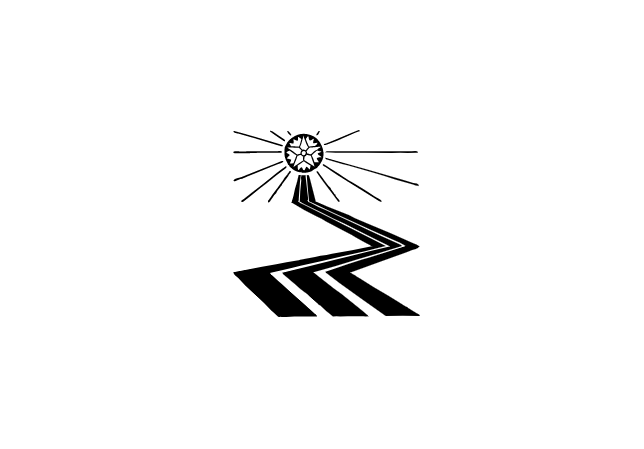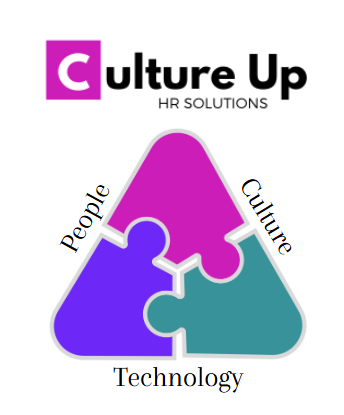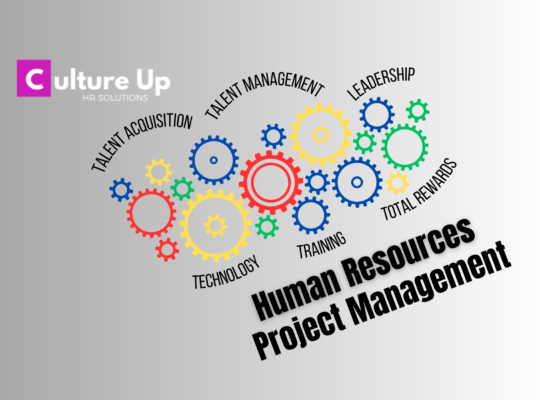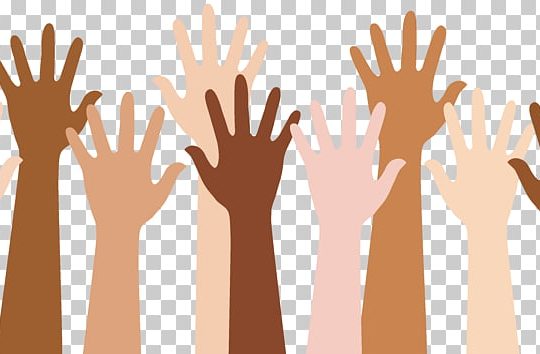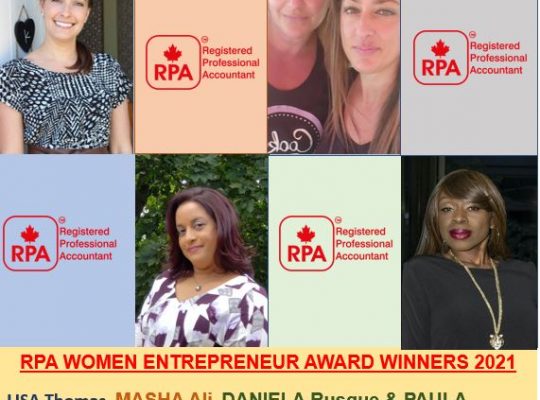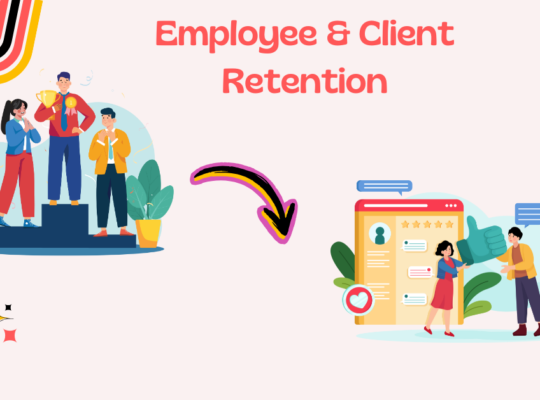HR Career
In the last year, I have had some great conversations with students looking into studying HR and recent HR program graduates. With the recent increase of discussions on social media regarding HR departments and their lack of relevance in today’s workplace, I realized that these negative comments must be so confusing and discouraging for new graduates to read. As I have worked in the field for 15 years within different industries, I thought that it would be helpful to write about my experience to help young professionals trying to find their right path, especially when there is so much noise out there to sift through.
Human Resources consists of two main sides which are operational and strategic. Operational HR encompasses the daily tasks essential to maintaining a workforce. These tasks could include replacing talent in a department, ensuring the handbooks are updated with current legislative requirements, and administering benefit plans.
Strategic HR includes practices that align the function with the strategic and long term goals of an organization. It can include dealing with the organizational structure, culture, values, and ensuring the company is ready to meet future demands (labour, skills, technology, etc.).
Within these 2 sides resides the following areas:
- benefits administration
- compensation & total rewards
- recruitment
- compliance
- employee information management and analytics
- employee & labour relations
- organizational planning
- training & development
All areas are equally important, but this gets you thinking about the personality and skills needed to perform all of these tasks, and enjoy them at the same time.
During my career, I worked with many HR professionals, some were awesome, had great personalities, and some who were lack luster. Have you ever worked with a corporate recruiter as a job applicant and found that person to be helpful and encouraging? Didn’t that experience make you excited to join that organization? You probably have an idea of what kind of personality they have.
I have had roles where I handled certain aspects of HR, and others where I handled everything from A-Z. I could identify the difference in my personality when I was onboarding a new hire vs having a separation meeting. Those that have known me for a long time know that I enjoy motivating others, training, and building relationships. On the other hand, I have an acquaintance who absolutely loves doing investigations, and employee & labour relations. She is excited about this type of work. Together, we make the perfect HR department!
So, what does that tell the new person coming into the field? One, there are a lot of areas that you can eventually specialize in. However, in order for you to gain a full understanding of HR, you need to be exposed to all areas. When you are starting off your career, it would be ideal to work with a leader that will expose you to all the different areas within the field. This could be in an administrative, coordinator, or generalist type of role. If you can experience everything that occurs from recruitment to retirement in an organization, then you will be better equipped to figure out how you want your career to progress. A lot of new graduates find it difficult to land that first role in a corporate environment. To get their feet wet in the field, many graduates start their career in a staffing or recruitment role. It would be ideal to move into a corporate role after at least two years to start learning the different areas of HR.
Next, regardless of the path you take in HR, what I want to speak about now is the reason to get into the field. To talk about this, I want you to think about the HR professionals you have dealt with in the past. Now think about those encounters you had. Were they all pleasant? I have actually interacted with some of the worst professionals that call themselves HR leaders. I had an HR Manager in one role that was not supportive and provided no coaching or mentoring. I also had another manager who wanted to train me and coach me whenever possible so that I could be the best that I could be. I met talent acquisition specialists and HR Managers who were rude, not attentive during interviews, and provided no follow up or communication after an interview. I can understand why HR gets such a bad reputation on social media. However, do not be discouraged, there are many HR leaders out there that have made outstanding accomplishments in their roles and do a great job at mentoring and coaching young professionals. For whatever reason you are thinking about this for your career, make sure it is for the right reason. Being in this field means that you represent the company you are at. You work with candidates and employees, and these individuals put their trust in you. If you are not willing to learn about the business, care about it’s success, and be empathetic towards candidates and employees, then you should probably consider a different career path. Being responsive and genuinely helpful are key traits of a successful and appreciated HR leader. Different skill sets can be utilized in various areas of HR. There is no formula for what skills make the best HR professional. For example, a person who is great with numbers can specialize in analytics and a person who has exceptional interpersonal skills can be great in a recruitment or onboarding role. Human Resources is always evolving and you need to ensure you consistently upgrade your skills and learn new things. If you try to match your strengths and soft skills with the appropriate HR role, then your career goals will be more easily achievable. The most important take-away is that you should always strive to learn more, work hard, and be the best that you can be!
**There is a science to behaviours and profiles. If you are interested in learning about your own profile or how these can be applied in your organization, feel free to reach out to me for more information.**
